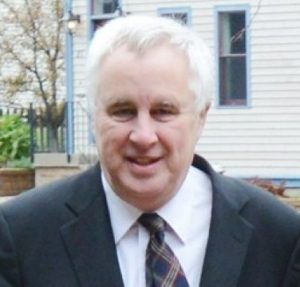An investigation into alleged misappropriation of $1.5 million in funds in Ontario has lead to the suspension of Attorney John Findlay in the P.E.I. Internet gambling case.
No reason as to the disappearance of the funds was provided. According to news reports, it was stated, however, that Mr. Findlay “had filed a self-reporting complaint to the Law Society of Upper Canada”.
Findlay Fired from P.E.I. Internet Gambling Case
Mr. Findlay has been representing companies on Prince Edward Island in regards to the province’s failed attempt to institute an online gambling regulatory regime. The P.E.I. internet gambling case has been working its way through the province’s Supreme Court for more than a year now.
One of his clients in that case, Capital Markets Technologies Inc. (CMT), immediately terminated the lawyer upon learning of the investigation in Ontario. Paul Maines, President of CMT, insisted that Findlay’s legal troubles will have no bearing on their case.
On Monday, Maines told reporters CMT was “shocked” by the allegations. “It’s unfortunate for him,” he said in reference to Mr. Findlay, “but obviously we’re not part of that matter.”
P.E.I. Internet Gambling Failure
The sorted tail of P.E.I.’s costly and mangled attempt to get rich off internet gambling is a complicated one, indeed. You can read the full details here, expertly scripted in 2015 by investigative and political reporters Robyn Doolittle and Jane Taber.
The paraphrased version goes something like this…
A group people on the island, with a population of just 145,000, came up with a scheme to bring in big money. They would launch an online gambling operation, with servers based on aboriginal lands (to avoid conflict with the Criminal Code of Canada).
Following the plan’s meager beginnings in 2008, hundreds of thousands of dollars were invested, including a $950,000 loan from the government (that was later denied by the prime minister).
The terms of that loan stated that it would be repaid by profits from the internet gambling operations. When the endeavor ultimately failed, General Auditor Jane MacAdam tried to write-off, pinning the expense on tax payers.
The internet gambling case has been circulating through the P.E.I. Supreme Court ever since to determine who is truly liable, and what legal penalties, if any, are to be imposed.






